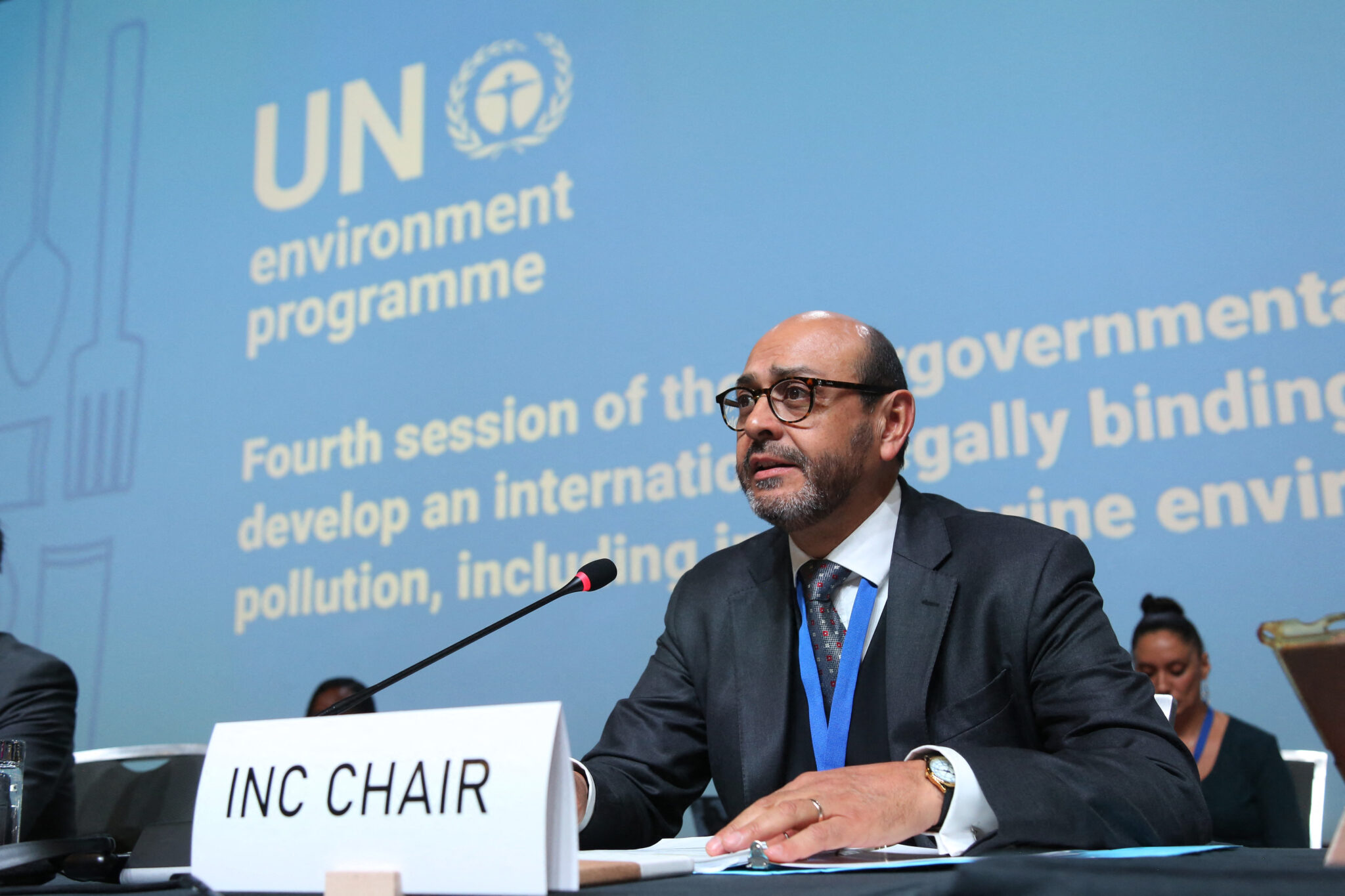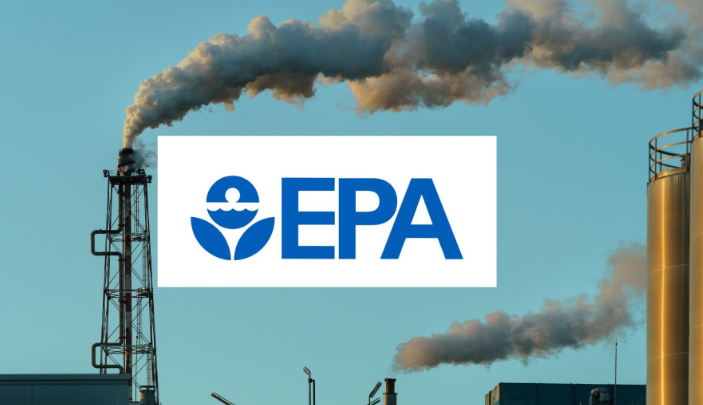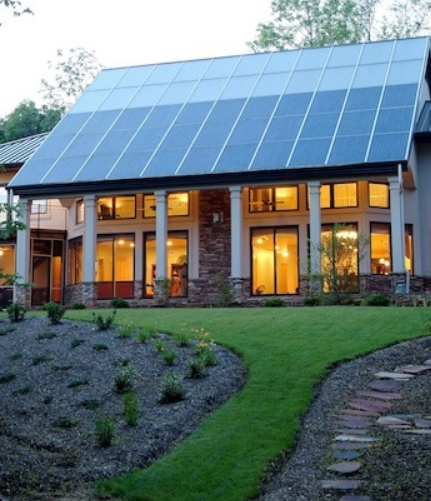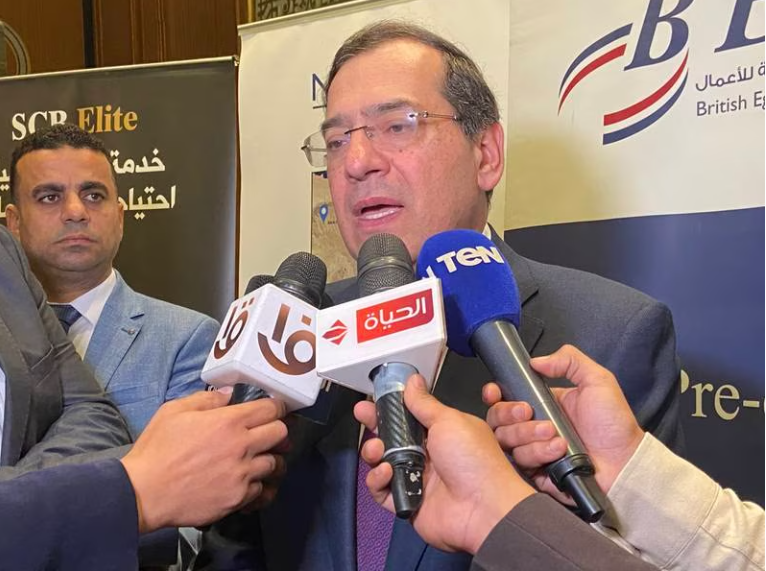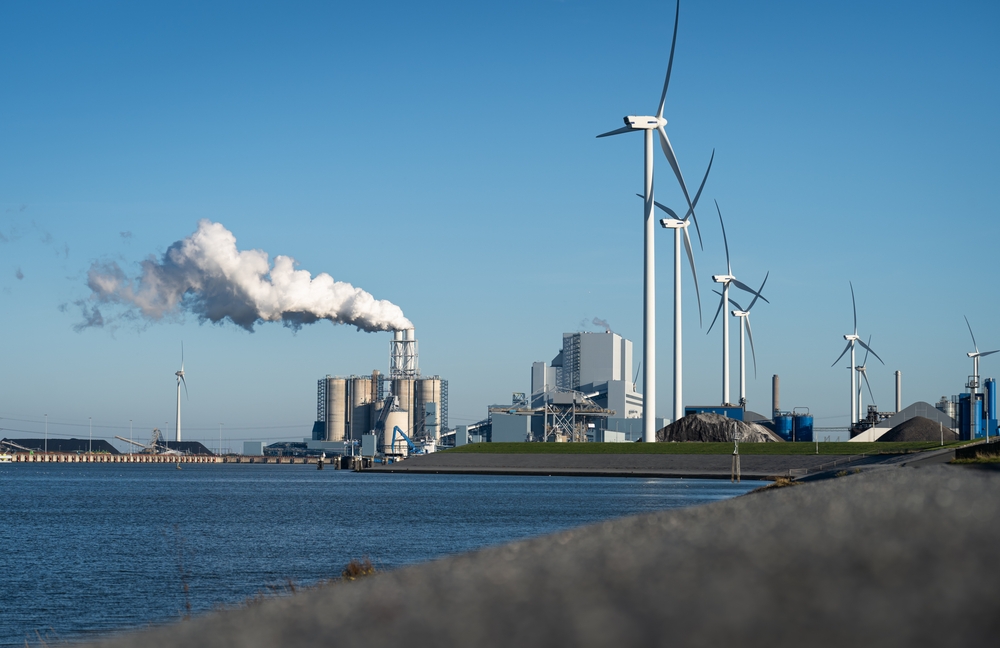Senator Kamala Harris teams up with Alexandria Ocasio-Cortez to table Climate Equity Act, as leading candidate up decarbonisation plans.
The 2020 US election looks set to deliver either the greenest or the dirtiest President in American history. President Trump's playbook is already clear: tear up environmental policies, while parroting lies about the cleanliness of US air and water and characterising the Democrats' proposals for meaningful climate action as a tax-hiking Communist plot. But the Democrats counter-offer to the electorate is becoming equally explicit and it is everything the Trump team is not: detailed, credible, and firmly rooted in environmental and social justice.
Virtually every candidate in the out-sized Democrat primary field has pledged to set a net zero emission target for the US of 2050 or earlier, while most of the frontrunner have either already published detailed climate action plans or are working on them. The Sunrise Movement and the team of activist Congressmen and women around Alexandria Ocasio-Cortez may have put a few noses out of joint at the top of the party, but they have also triggered an arms race as candidates have sought to outbid each other with more ambitious climate pledges.
Yesterday, the Party's climate policy push opened up a crucial new front as Senator Kamala Harris, one of the strongest performers in the most recent televised debate, teams up with Ocasio-Cortez to unveil new legislation that would aim to ensure climate programmes benefit disadvantaged and low in-come communities.
Hailed as one of the first legislative steps in support of the Green New Deal programme popularised by Ocasio-Cortez, the Climate Equity Act would introduce a series of specific mechanisms designed to ensure efforts to decarbonise the economy do not leave certain regions and communities behind. The Green New Deal has faced criticism in some quarters for a failure to deliver specific policy recommendations and a desire to look beyond emission reduction measures to also deliver healthcare reform, job opportunities, and social justice. But the proposed new legislation looks to push back at some of these critiques by detailing how climate policies could be tailored to tackle deep rooted inequalities across US society.
Specifically, the bill would require any new environmental regulations to be assessed based on the impact they would have on low income communities. Modelled on the independent Congressional Budget Office approach, which measures the cost of any new legislation, the proposed new mechanism would provide a score to determine whether new policies benefit or hinder low income communities that are both disproportionately exposed to climate impacts and reliant on jobs in polluting industries.
Speaking to the New York Times, Ocasio-Cortez said the new approach would force legislators to think about the impact environmental decisions would have on communities. "We can't do anything without a CBO score, but we never actually consider if it's disastrous to communities as long as it's revenue-neutral," she said, adding that the proposal was central to the wider Green New Deal vision. "One of the tenets of the Green New Deal is prioritizing vulnerable communities," she said. "We have to talk about Flint. We have to talk about West Virginia. We have to talk about the Bronx and we have to talk about the ways climate change manifests in our lives."
Under the legislation, the scoring requirement would be accompanied by a new independent Office of Climate and Environmental Justice Accountability to represent vulnerable communities and the requirement for a new senior adviser on climate justice to be appointed at "all relevant agencies".
The legislation is expected to provide one of the centrepieces for Harris' wider climate plan, which her campaign team said was being finalised. "Climate change is an existential threat - it's critical we act now to achieve a cleaner, safer, and healthier future," Harris said in a statement. "But it is not enough to simply cut emissions and end our reliance on fossil fuels. We must ensure that communities already contending with unsafe drinking water, toxic air, and lack of economic opportunity are not left behind."
The latest development came on the same day as rival Democrat candidate, Washington Governor Jay Inslee released the latest instalment in his wide-ranging climate strategy, which similarly focused on climate justice.
The plan sketches out proposals to target federal climate spending on low income groups and communities of colour, revamp the White House Council on Environmental Quality as the Council on Environmental Justice, and screen and score policy proposals for their impact on climate equity.
It follows four previous detailed climate policy plans that have been released by Inslee in recent months as he has strived to push climate issues up the agenda. Each of the plans has been accompanied by major spending commitments, with the latest package proposing that $1.2tr of clean energy investments should be targeted on low-income communities. It would also create a new fund to support those in fuel poverty who could be exposed to any energy price hikes that may result from a carbon tax.
Taken in conjunction with the net zero commitments from other leading candidates such as Bernie Sanders, Joe Biden, and Elizabeth Warren, the candidates' focus on climate action could prove to be hugely significant for businesses and investors. Not only are the new plans ambitious in scope, many of specific policy proposals are being structured so as to allow a new President to push through reforms through executive actions, assuming Democrats fail to secure a super-majority in both Houses.
At the same time, there is encouraging polling evidence to suggest significant support for bolder climate action amongst US voters with one recent survey showing just 29 per cent of people approve of President Trump's stance on climate change. There are also signs that some Republicans are responding to the polling pressure, even if the White House's olive branch to voters concerned about the environment fails to extend beyond repeating lines about the cleanliness of US water. The Hill reported last week that a surprising bout of bipartisanship in the House of Representatives has seen Republicans and Democrats alike table a series of bills in recent days that would introduce various carbon pricing mechanisms.
It is hard to overstate both the significance of next year's Presidential election, nor the scale of the chasm between the likely candidates. On one side of the aisle, a Trump victory would unleash a further assault on US environmental policies and almost certainly embolden some other governments around the world to emulate the US president and row back on their support for the Paris Agreement. In contrast, a Democrat President would enter the White House with a sweeping decarbonisation strategy, ambitious emissions targets, a new focus on environmental justice, and significant public backing. Green businesses may struggle to plan for such diametrically opposed outcomes, but there is little doubt they will be watching the high stakes race with interest, and not a little nervousness.
